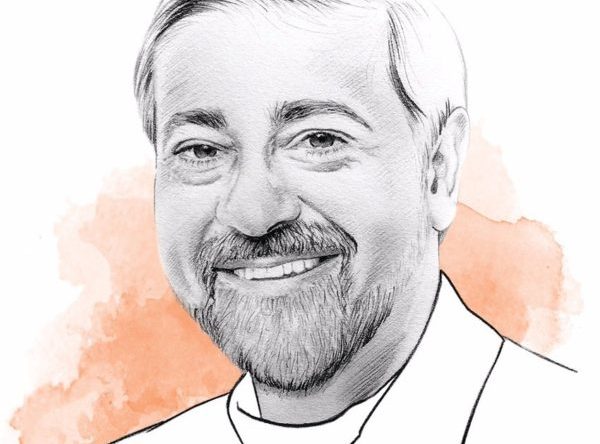STEM is not the only fruit, writes Vivek Wadhwa
I used to fly the flag. Back in 2004, I was a patriotic engineer, bemoaning those who showed a preference for the liberal arts. I was convinced that developing human capacity in the STEM subjects – science, technology, engineering and mathematics – held the key to global competitiveness. I was a fully paid-up subscriber to Bill Gates’ view that governments should spend their limited public education budgets upteching our children, as such disciplines commanded greater premiums and volumes in the employment market.
But that was then, and this is now. By the late-2000s, the winds of change were already blowing. When, in 2008, my research teams at Duke and Harvard universities surveyed more than 600 American chief executives in the technology sector, they discovered something counterintuitive. Only around a third of those interviewed held degrees in engineering or computer science. For mathematics degrees, the figure was vanishingly low – just 2%. The remainder – the majority – held degrees in the social sciences, humanities and arts. Having a degree per se was a good predictor of entrepreneurial success, but the subject it was in, and university it was from, were not significant factors. In fact, there was some anecdotal evidence that arts subjects might serve better – YouTube chief executive Susan Wojcicki majored in history; Slack founder Stewart Butterfield read philosophy; Airbnb pioneer Brian Chesky holds a degree in fine art.
As was often the case, the late, great Steve Jobs had it right when he touted the importance of the liberal arts while unveiling the iPad 2. “It’s in Apple’s DNA that technology alone is not enough,” he said. “It’s technology married with liberal arts, married with the humanities, that yields us the result that makes our heart sing – and nowhere is that more true than in these post-PC devices.” It is science’s fusion with the humanities and philosophy that dragged computing from a niche pursuit and democratized it into tools that changed the world. When I met recently with Logitech chief executive – and English literature major – Bracken Darrell, he echoed Jobs’ views. He said that it was by focusing on design – making his products people-friendly – that he had turned the company around. Its stock price has increased fourfold in half a decade.
The clue to the power of the humanities is in the name. Human. The key to designing great products is to understand how humans act, think and learn. Artists might not naturally gravitate towards software and digital graphical tools. But they can acquire those skills. It is infinitely more difficult to teach an engineer to be an artist.
None of this is to say that the STEM subjects have lost their value. They remain critical in a world where the companies that succeed must be at the vanguard of technological development. Yet where I once vaunted STEM subjects above all others, I now take a more nuanced view. An engineering degree is valuable. But a psychologist might have a better idea of what motivates humans to use a product. An artist is a powerful asset when 3D printers can realize anything that can be imagined. And English majors hold the levers to the most powerful tool of all – language.
“The older I get, the more I realize the power of words, and the power of words in making you think,” Darrell told Business Insider in 2013. “The best CEOs and leaders are extremely good writers and have this ability to articulate what they’re thinking.”
Darrell added that he actively recruits students of the liberal arts, believing them to be an “endangered species” in the technology space. We are all guilty. Ten years ago, when parents asked me what their children should study, I recommended the sciences in a heartbeat. I now advocate that children should pursue their passions. STEM is not the only fruit. In fact, as the tech sector humanizes, gifted readers of the arts are ripe for the picking.

